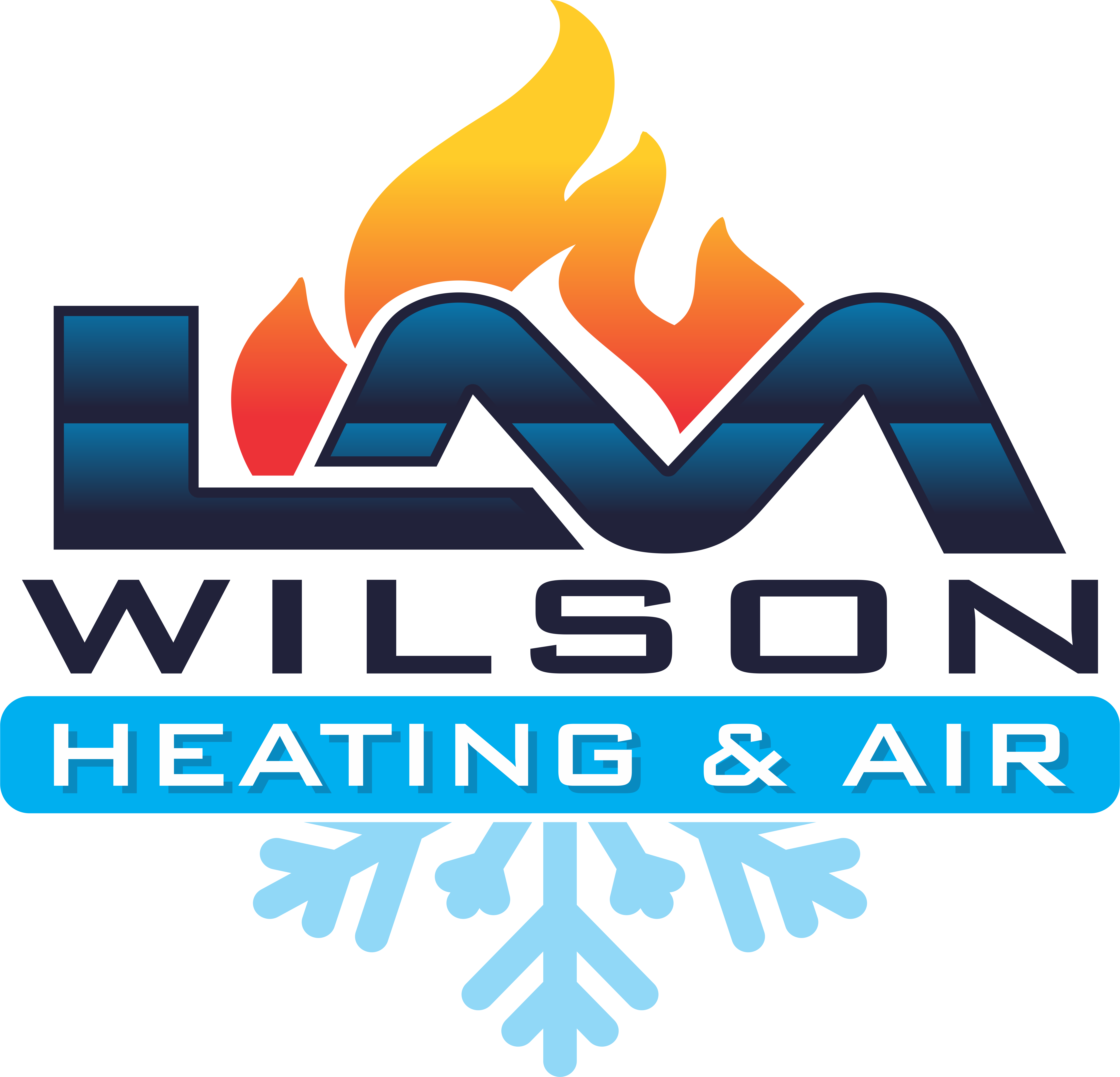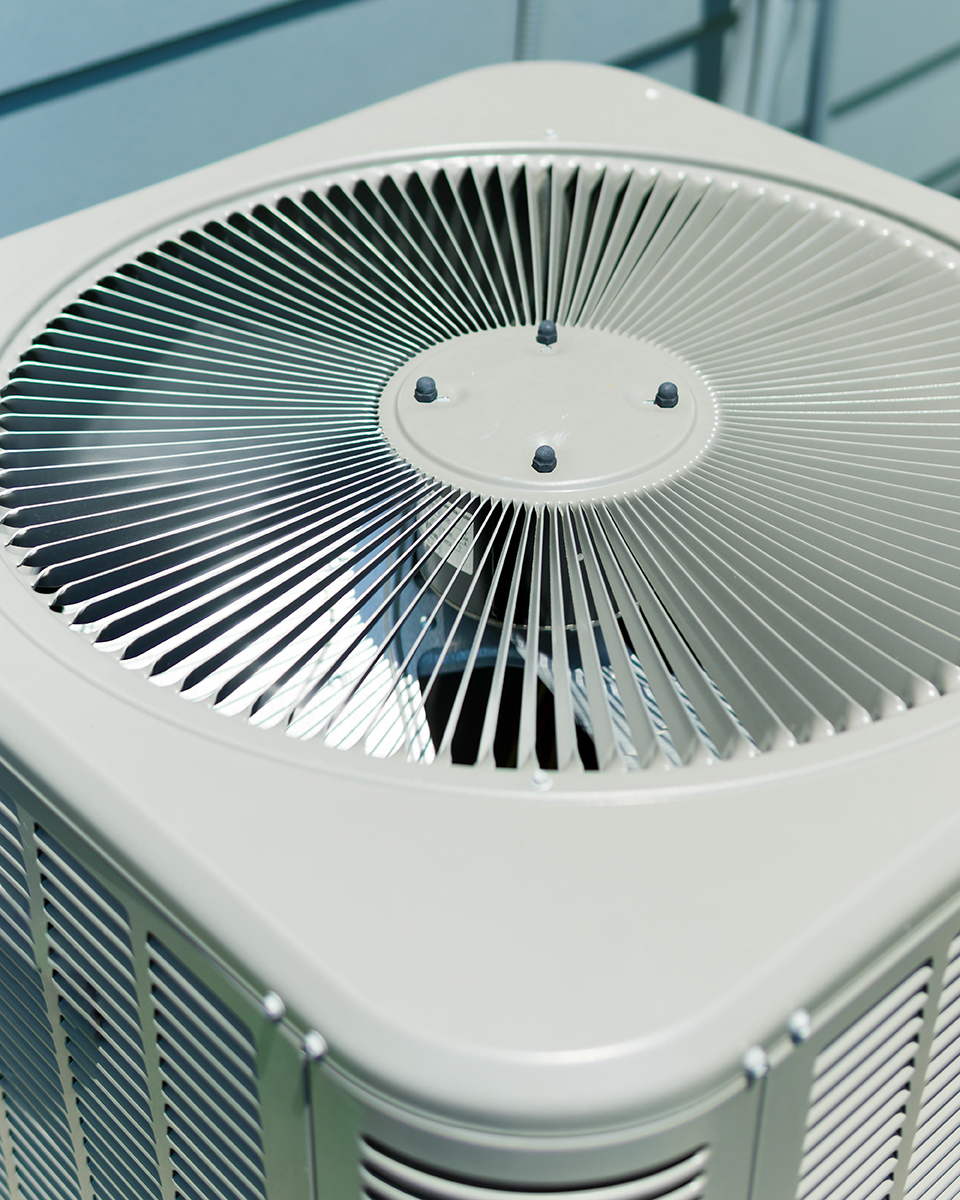And Other Common Questions About Your Heating System.
Ever wonder how your heat pump system operates? Unless you’re just a naturally curious person, something may be wrong with your HVAC system and it’s got you wondering how it all works. Or maybe you’re a new heat pump owner and you’d like to learn more about your new system. Read below on some basic information about how your heat pump works and other common questions about your heating system.
How Does a Heat Pump Operate?
Heat pumps move air between inside the home and outside the home, but they do not actually generate heat like a furnace does. Instead, they absorb heat energy from the outdoors and transfer it indoors. You can also use a heat pump to cool a building. When it is in cooling mode, it reverses the heat process by absorbing heat from indoors and transferring it outdoors.
A heat pump has a fan and a condenser coil on the outdoor unit and an evaporator coil on the indoor unit. The system is sealed and contains refrigerant. Fans blow the outside air across the coils and the coils act as a condenser when cooling and as an evaporator when in heat mode. The indoor unit does the opposite. The fans blow the indoor air across the coils and the coils act as a condenser when heating and an evaporator when cooling.
A heat pump transfers heat energy versus producing through the combustion of fossil fuel, they are often more energy efficient and more environmentally friendly than a standard furnace.
Why Does the Air from the Register Seem Cold to the Touch?
If you feel cold air coming from the register and you’re wondering why, first determine whether your home is at the desired temperature. Heat pumps are different than furnaces, because they don’t generate heat through combustion. The air that comes out of the registers can be far cooler than the heat a furnace produces. The air from a heat pump is plenty warm to heat your home to its desired temperature (although heat pumps do work best in moderate climates), but it may feel cooler than a furnace. Your skin temperature is generally around 96 degrees, and often times a heat pump’s discharge air temperature coming from the registers may be below that…..so it feels cool to the touch.
Why Do I See the Emergency Heat Light on My Thermostat?
If you see the emergency heat light on your thermostat, then your heat pump is unable to heat your home to your desired temperature. If your heat pump is unable to absorb enough heat energy from the outside and heat your home, then the emergency heat will switch on. When this happens, your home is being heated by a secondary source – usually, by electric strip heat – and this can become quite costly. If your emergency heat source is fueled by gas, then you can use it for longer periods of time without the substantial costs you would see with electricity.
As long as the emergency heat light turned on automatically, your heat pump is fine – just unable to keep up with cold temperatures (typically below 30 degrees). This is the reason why heat pumps are great for moderate climates.
Why Is There Ice on the Outdoor Unit?
Sometimes frost or ice form on the outdoor unit of your heat pump because the unit’s outdoor condenser coil has become extremely cold from prolonged operation and/or very cold outside temperatures in a Burlington, NC winter. When the outside temperatures and the refrigerant temperatures become too cold, the unit will be covered in frost or ice. When this happens, the heat pump will reverse into cooling mode (don’t worry your home will be heated by a secondary source) and defrost the outdoor unit. This will help warm the coil temperature to melt the ice. Once the ice is melted, your heat pump will resume normal operation.
With that being said; if you notice the ice does not melt, it’s wise to contact your local Burlington, NC heating and air conditioning company to check your system. There may be a problem with the refrigerant level, air flow, temperature sensors, or your indoor or outdoor fan.
Keep in mind, your heat pump needs regular maintenance. Call LM Wilson to keep to a regular maintenance schedule and ensure that your heat pump is clean and working efficiently. Take care of your HVAC system so it can take care of you. Click here to request an online estimate, or click here to schedule your service entirely online today!


